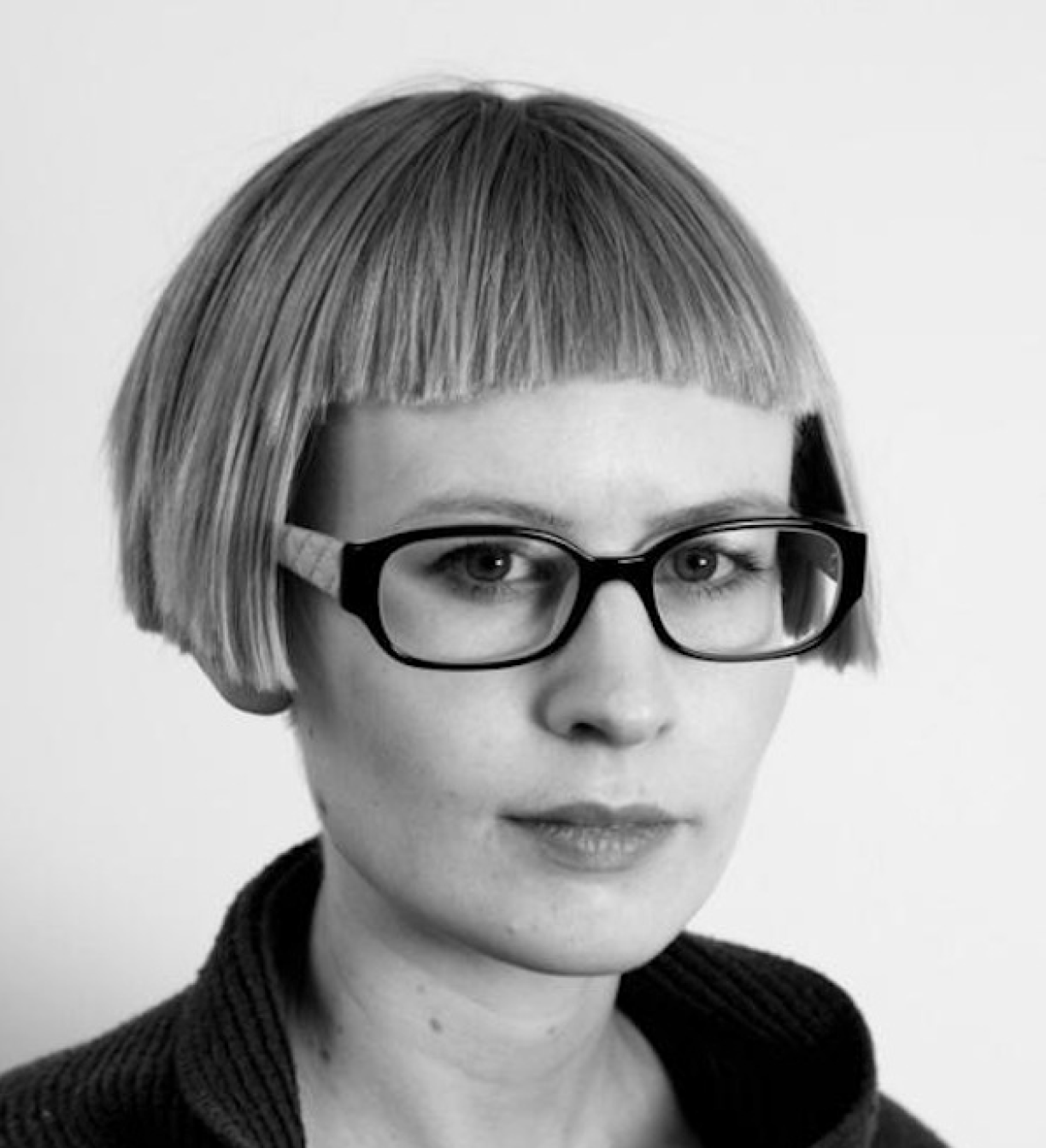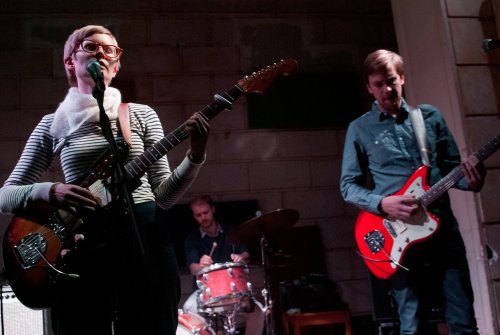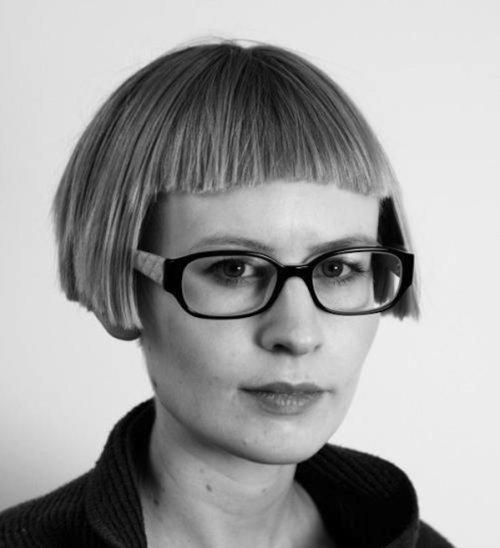Unsound Festival New York opens with a night of distinctive female experimental artists working with sound. LA resident Julia Holter and Norway’s Jenny Hval combine avant-garde structures with music at the edge of pop, working with explicit lyrics exploring sex and gender, and subverting expectations. Holter’s Tragedy and Hval’s Viscera were among 2011′s best albums. New York cellist Julia Kent, a collaborator of Rasputina and Anthony and the Johnsons, performs solo.
Jenny Hval has already made considerable waves in Norway with her two previous albums, both released under the moniker Rockettothesky. Since 2004, Jenny Hval has been active as an artist and writer in Norway. Her work blends challenging, open and dreamy textures with unusually direct lyrics, influenced by new music and contemporary poetry as much as pop music. She has toured extensively in Europe and Australia with her live trio. Her new album, Viscera, has recently received glowing reviews worldwide.
Julia Kent, a NY-based and Canadian-born cellist who spent years touring and recording with other artists and groups, most notably cello-rock pioneers Rasputina and Antony and the Johnsons, found her own voice with her solo records. She uses multi-tracked cello, found sounds, and electronics to create solo music that has been described as “cinematic and impressionistic,” “organic yet powerful,” and “deeply personal and committed.” She has released two full-length solo records: Delay (2007) and Green and Grey (2011), as well as an EP, Last Day in July (2010). Her music has been heard in film soundtracks and as accompaniment to theatre and dance performances, and she has toured throughout Europe and North America, including appearances at Primavera Sound in Barcelona, the Donau Festival in Austria, and the MIMI Festival in Marseille.
Los Angeles based songwriter Julia Holter‘s songwriting stems from a mythological reverence of that which is incomprehensibly beautiful. Her debut album Tragedy (Leaving Records, 2011) embraced strains of shimmer and used sparser textures in a narrative context. Holter’s second album Ekstasis has just been released on RVNG Intl to glowing acclaim across the board from Pitchfork to NPR.
Ekstasis is playful but guided by newly learned disciplines, slightly better technology, and nearly limitless home recording time (over three years of it). Formative experiences at Cal Arts studying with Michael Pisaro and in India singing with harmonium under guru Pashupati nath Mishra marked a slight detour for Holter in what started as a more traditional composition route. The trajectory leading to the creation of Ekstasis suggests her thirst for knowledge and experience. While Ekstasis reflects the conventions of her classical training, the album is also uncannily, if unknowingly, poppy.



